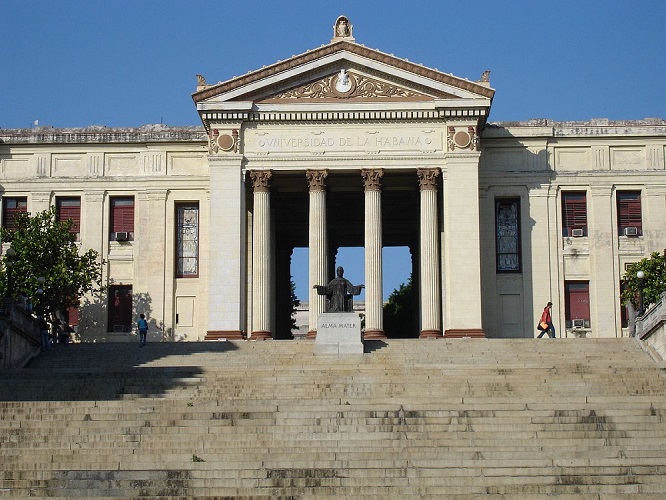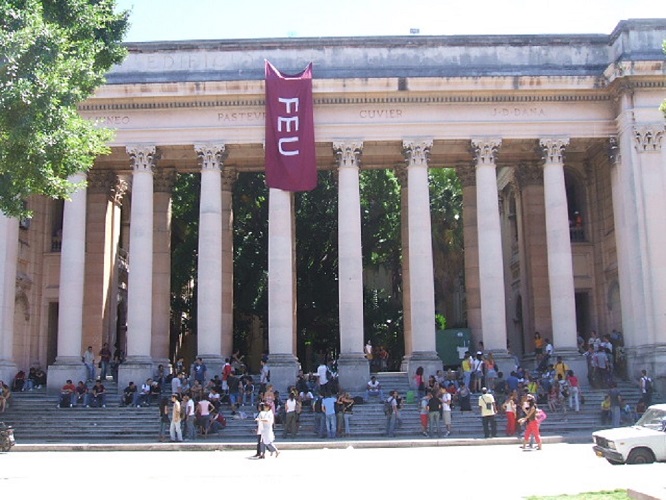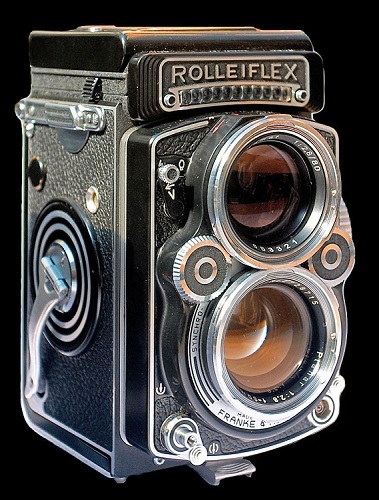
Cuba must have seemed like a paradise – no war, no hunger, no hiding, no cold.
Margaret remembered large black women cutting large loaves of bread against their breasts.
What a beautiful city!
Clean, white houses, because there is no smoke.
The sun on our skin in winter and summer.
And flowers and fruit all year …
You could eat anything you wanted and you had to pay attention not to get fat as a barrel.
Oranges, bananas, citrus, rum, sugar cane sap and many other things that we had never seen.
{Willy}
They found a top floor (cheapest) apartment with two rooms on Calle 27 in the Vedado neighborhood.
For $20 a month, it had no windows – just shutters – a covered entryway and a beautiful view of the city and sea.
John learned some Spanish and continued his studies at the University of Havana for two years.
He read ahead a little, and then tutored other students in his algebra class for $8 a month.
John bought a Rollei camera, and made passport photographs for German refugees.
Selma earned money by selling European home-baked goods.
Willy never found work in Havana.
Once settled in Havana, my main occupation was to study.
I learned English in an American school…
I was first put into fifth grade (I was 16 then!), then advanced to the sixth grade.
After a while, I switched to another school where I was permitted to enter the first year of high school…
By the end of 1943…I had completed the third year of high school.
{Margaret}
1,727 total views, 2 views today



